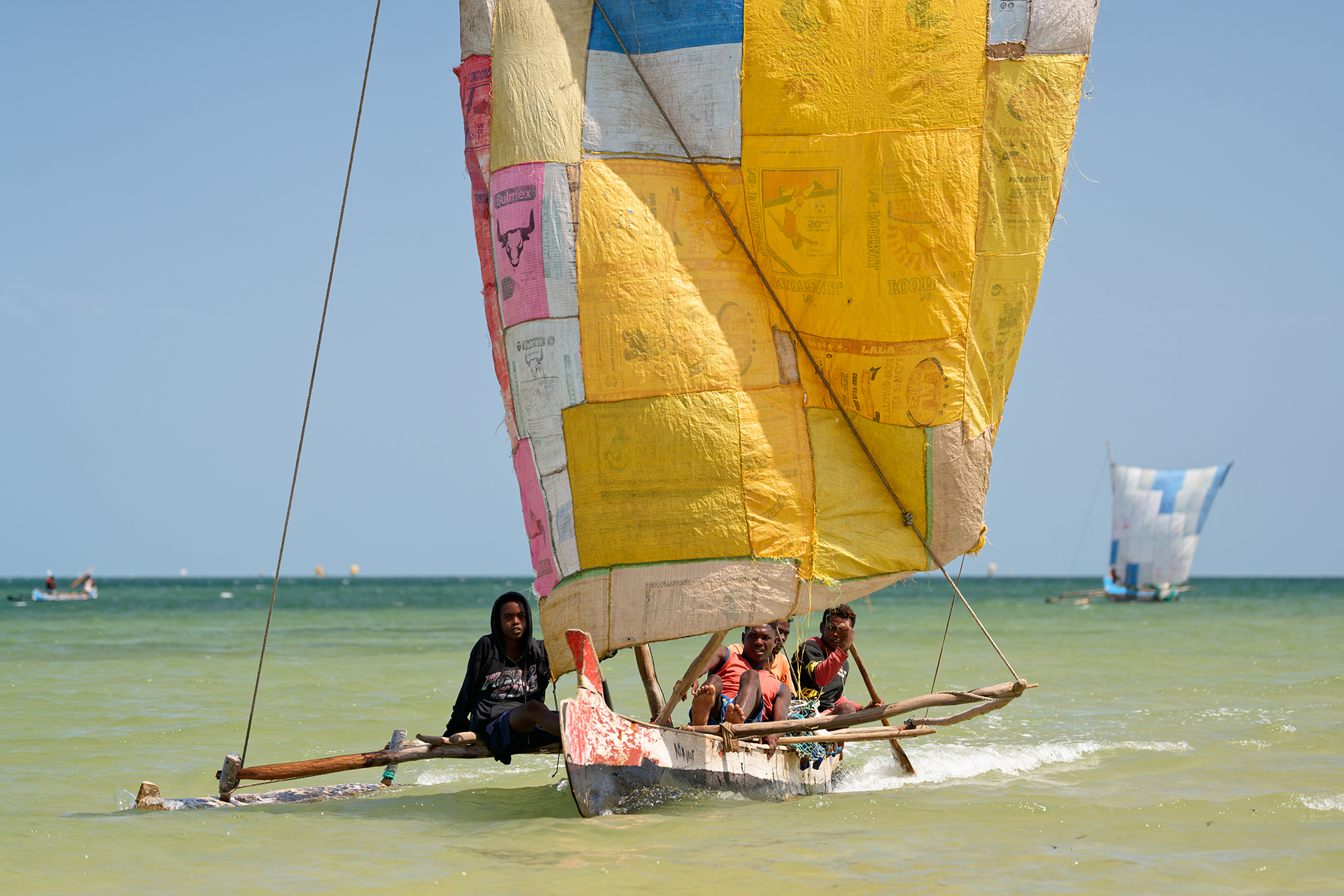Madagascar’s Coral Reefs: A Lifeline on the Brink
The coral reefs off the coast of Madagascar are more than just underwater paradises; they are the lifeblood of coastal communities like Ambolimailaky. For generations, these vibrant ecosystems have provided sustenance and livelihoods. But now, these reefs are facing a crisis – a stark emptiness where teeming marine life once flourished. Overfishing and environmental pressures have pushed these crucial ecosystems to the brink, threatening the food security and economic stability of a nation already grappling with poverty.
Can Sea Cucumbers Save the Day?
In a surprising turn, scientists are exploring an unconventional solution: sea cucumber farming. These unassuming marine invertebrates, often overlooked, are proving to be a potential game-changer. The strategy is to introduce sea cucumbers into the ecosystem, allowing them to filter the water and provide the nutrients needed to help revitalize the coral reefs. The hope is that this radical and sustainable approach can help restore these critical habitats and boost the local economy.
The process is simple. Sea cucumbers are placed in underwater enclosures. The sea cucumbers feed on detritus and algae, cleaning the water, and their waste acts as a natural fertilizer, promoting the growth of other marine organisms. If the reefs can be restored, this can lead to more fish and crabs and other marine life.
Beyond the Reef: A Holistic Approach
The sea cucumber project is not a silver bullet, but rather a crucial piece of a larger puzzle. Recognizing the interconnectedness of the environment and the community, scientists and local leaders are working together to implement holistic solutions that address the root causes of the crisis. These include sustainable fishing practices, marine conservation education, and alternative livelihood initiatives to reduce the reliance on overfished resources.
Hope for a Sustainable Future
The challenges facing Madagascar’s coral reefs are immense, but the innovative spirit and collaborative approach of the sea cucumber project offer a glimmer of hope. By embracing science, local knowledge, and community engagement, Madagascar is charting a course towards a more sustainable future, where both people and nature can thrive. The success of this project could provide a valuable model for other coastal communities facing similar challenges around the world.
Based on materials: Vox





